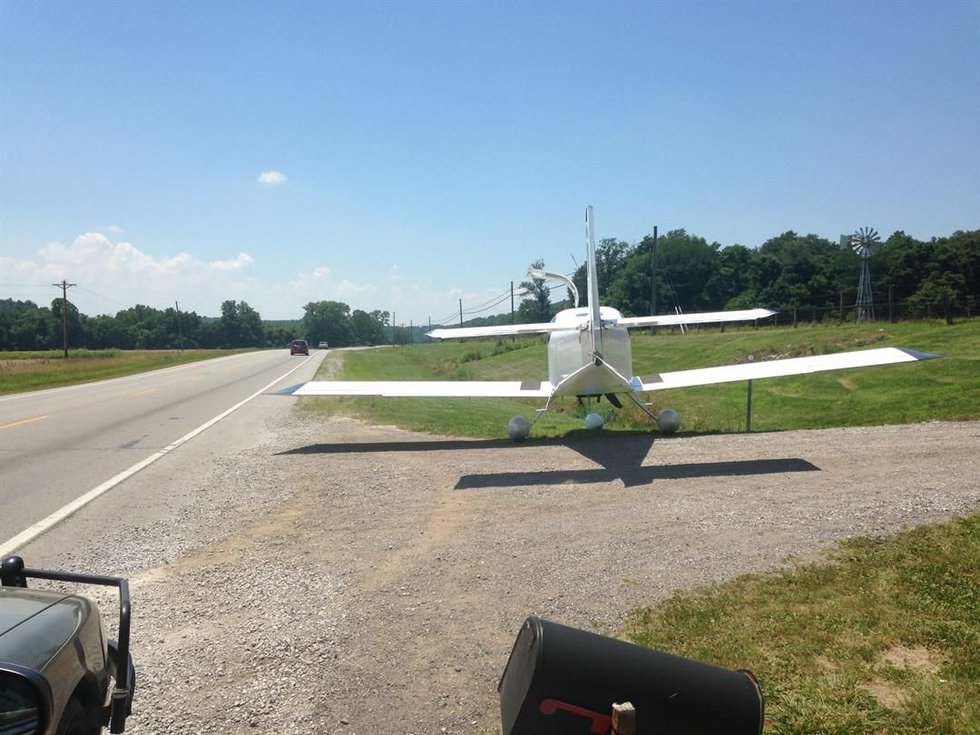https://data.ntsb.gov/carol-repgen/api/ ... 105668/pdf
About a year before the accident, the pilot replaced the carburetor as a troubleshooting effort because the airplane had sustained previous loss of engine power events that he attributed to carburetor icing. About two weeks before the accident, the pilot completed an annual inspection and engine condition inspection. Before the post-maintenance test flight, he completed an engine ground run with no anomalies noted.
After takeoff, he climbed the airplane to 8,100 ft above ground level (agl), flew for a few minutes and confirmed that all instruments showed normal indications. The pilot reduced engine power and started a slow descent to 2,600 ft agl. When he leveled the airplane and advanced the throttle the engine ran rough, so he applied carburetor heat and turned on the fuel boost pump, but the engine roughness did not improve.
The pilot maneuvered for an emergency landing and landed hard in a bean field. The airplane sustained substantial damage to the engine mounts and fuselage. After the accident, the left fuel tank contained 9 gallons of fuel and the right tank contained about 19 gallons of fuel. The carburetor bowl also contained fuel. The pilot stated that the airplane had not been flown for about a year and that the fuel in the fuel tanks at the time of the accident was the same fuel from a year ago.
Neither the engine nor the airplane was made available for a detailed examination. The recorded engine data did not reveal a reason for the loss of engine power. It is possible that the loss of engine power was due to carburetor icing that could not be completely alleviated with the use of carburetor heat. The reason for the loss of engine power could not be determined.

